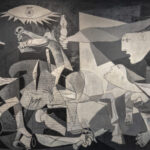The Alts Bookshelf: Vol. 4
Posted: by admin
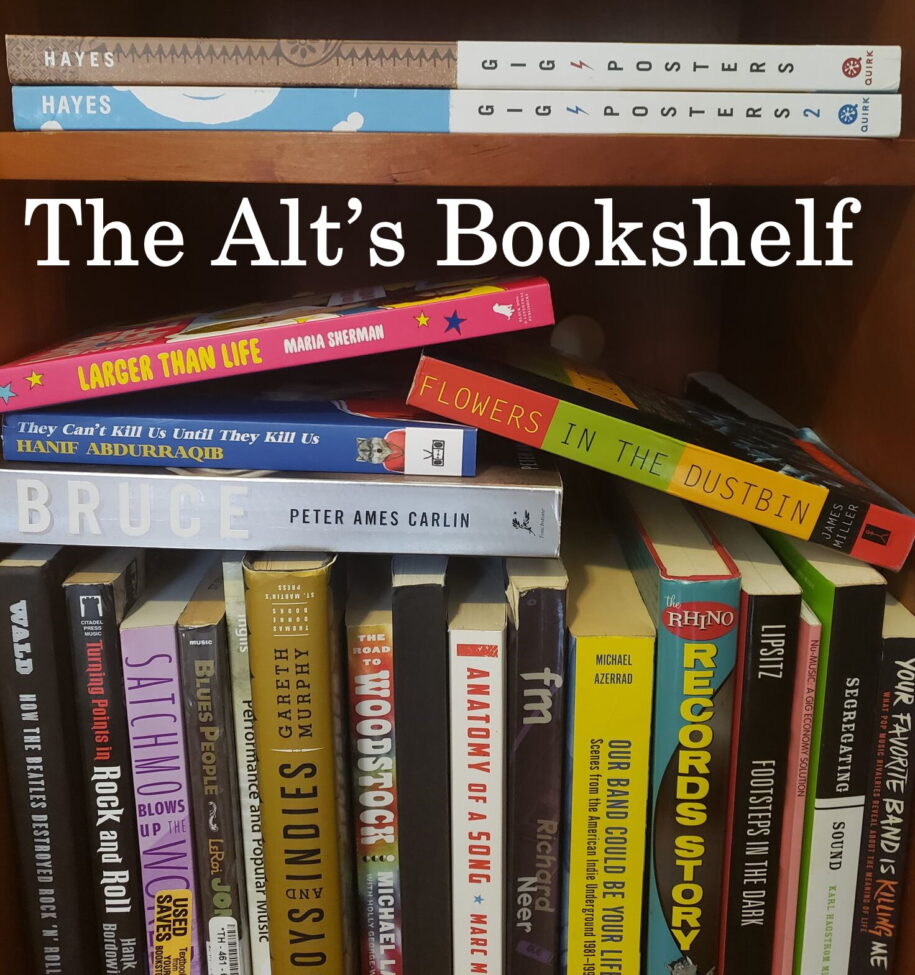
The Alt’s Bookshelf is a series where our staff highlights some of their favorite books and zines related to music. For our third volume, Bineet shares new reads including Your Song Changed My Life by Bob Boilen, PUP the zine, volume 4: Quaranzine, and Convergent Lines by Jackson Watkins
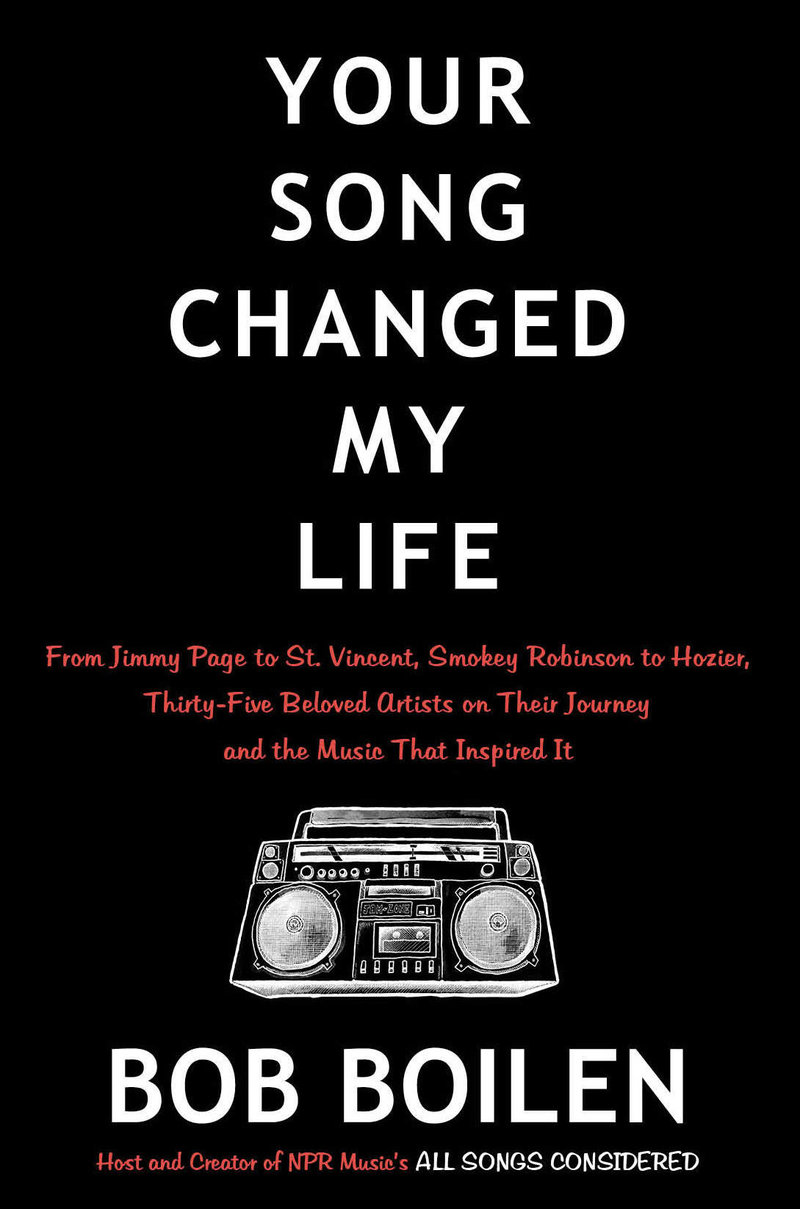
Your Song Changed My Life by Bob Boilen
Bob Boilen, the host of NPR’s All Things Considered, asked 35 musicians to pinpoint a song that was influential enough to propel them into making music. Each chapter is brief – most are kept under 10 pages – which prevents the book from becoming stagnant. I appreciate that it doesn’t focus as much on their present-day music because I could just search for that information on Google anyway. Rather, it explains how their upbringings laid the groundwork for their careers. Some are predictable – Bright Eyes frontman Conor Oberst, known for his striking lyricism, was revered by his third-grade teacher for excelling in his writing assignments. Others require more in-depth analysis, like Jenny Lewis, the vocalist for indie group Rilo Kiley, being enamored with hip-hop. Boilen said that the stark difference in genre took him by surprise until he gave it some thought. “She’d overwrite,” he wrote, “cramming more words into her songs than she could sing,” a styling choice common in hip-hop music.
This book spurred me to consider how small facets of life, like songs, can still make sizable impacts. A lot of these musicians didn’t realize the significance those singular tracks would hold until after that fact. And that sort of thing can occur on any given day. Any scroll through the deluge of information that is your Twitter timeline could contain one slew of words that’ll stay with you. Any seemingly ordinary conversation can provide unique insight. You never know when you’ll encounter something meaningful.
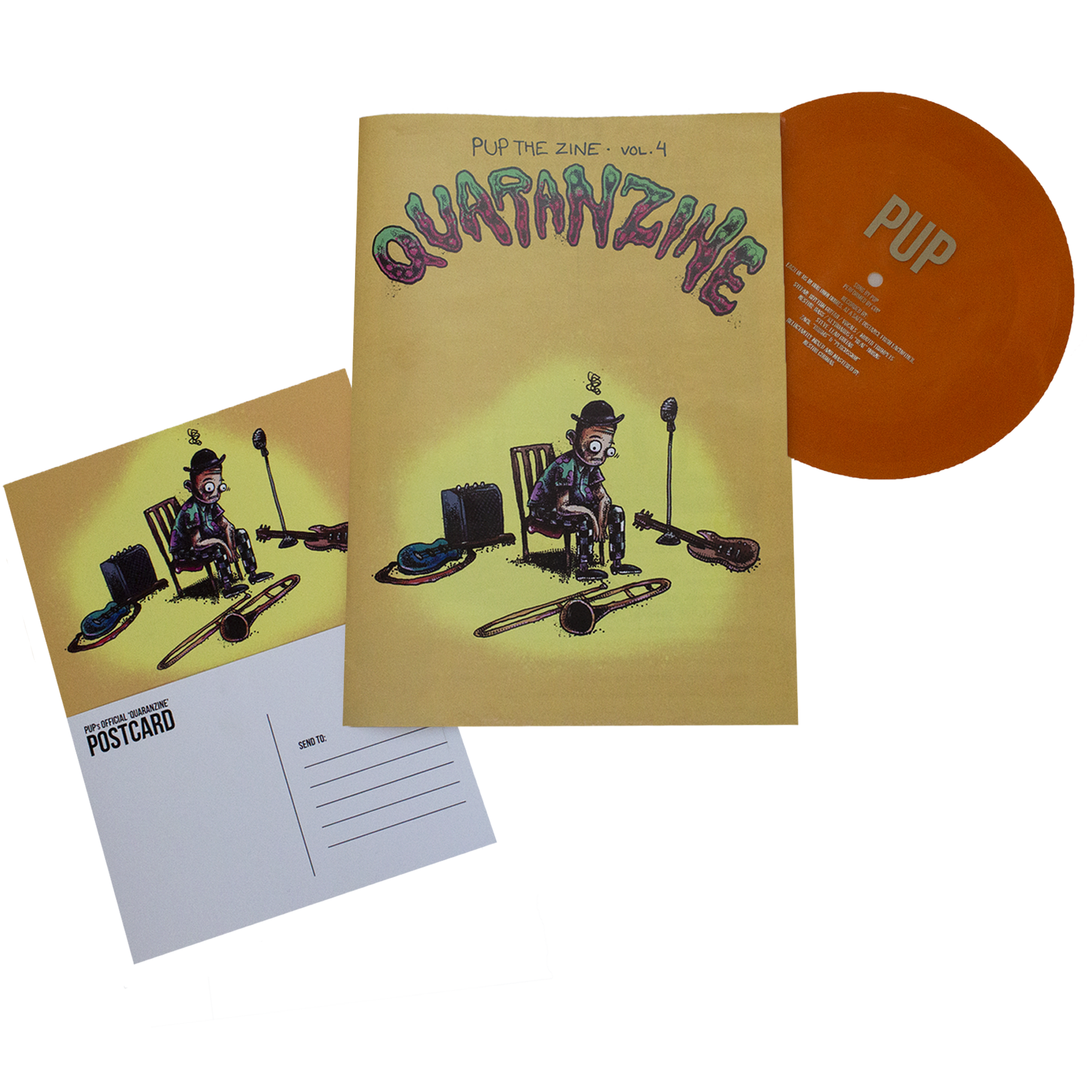
PUP the zine, volume 4: Quaranzine
Covid-19 has impacted musicians immensely, as many of them rely on live performances for income. But PUP put a fun spin on this upheaval in the latest installment of their zine. Each band member offered a resume because touring is on hold – or, maybe I should say “resume.” Lead singer Stefan Babcock informed us that he once ate seven hot dogs. Guitarist Steve Sladowski simply pleaded “Please give me some money to teach you. Please.” They also explained how they’ve reassessed their flippant approach to gruesomeness in the face of a pandemic. After releasing their album Morbid Stuff last year, they dubbed the subsequent tour a “tour-pocalypse,” a name that would be more palatable if it didn’t feel like we were living through an actual apocalypse right now. The lyrics sheet for that album’s vinyl copies featured an image of a tombstone with the phrase “It Gets Worse” written on it. Well, it did.
The previous installment of PUP’s zine included a flexi vinyl with the track “Edmonton,” which follows the discordance of attending a funeral, then playing a rambunctious show merely hours later. The cherry on top is that the band played their song “If This Tour Doesn’t Kill You, I Will,” which makes light of death. It seems like oscillating between earnesty and tomfoolery – and never quite knowing how to strike a suitable balance between the two – is something the band does frequently. Reading this reminded me that you can still find humor in even dire situations – like the image of Babcock recording vocals for a ska song in a Home Depot parking lot, which hasn’t left my head since I read about it.
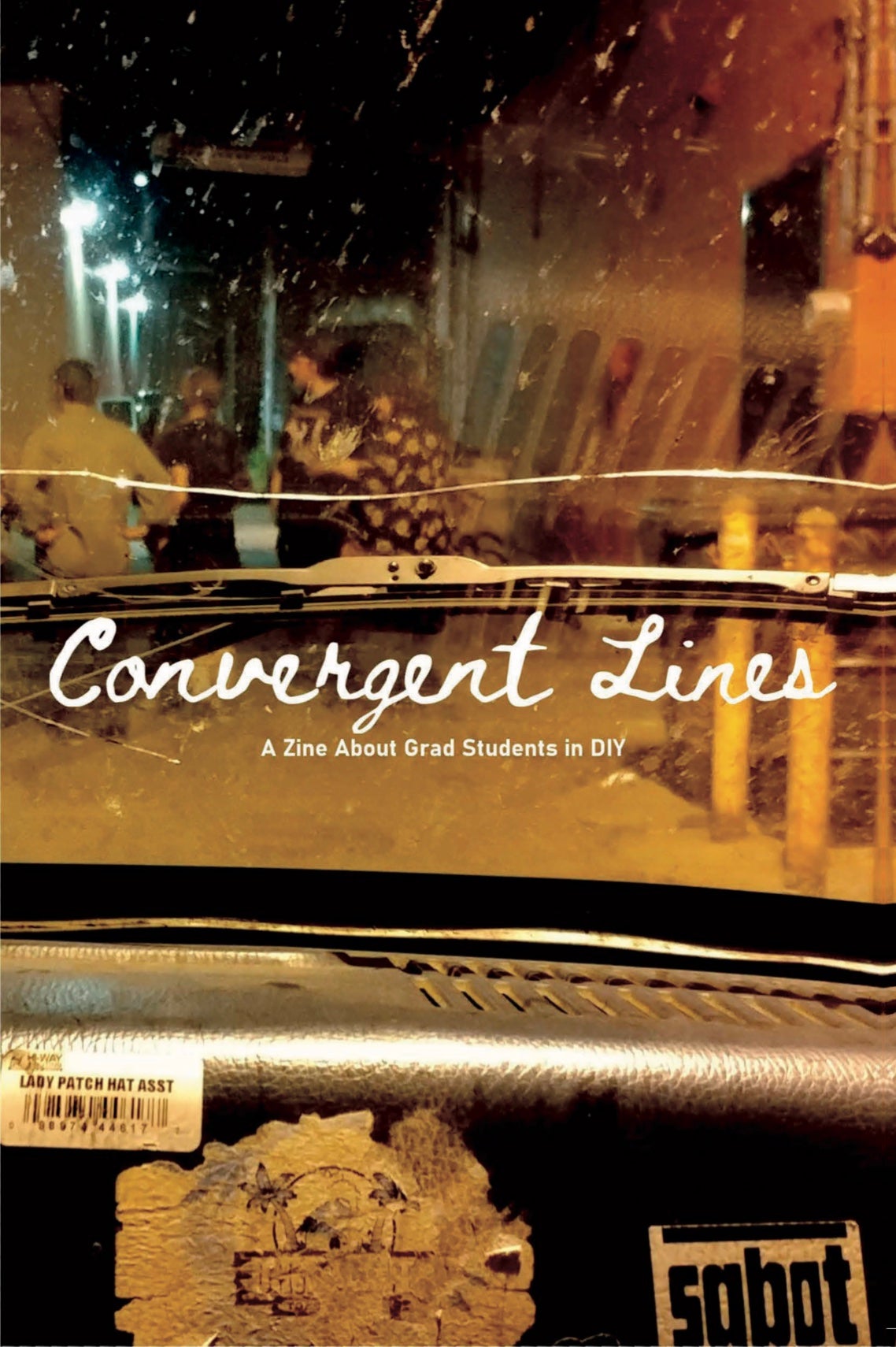
Convergent Lines by Jackson Watkins
This zine was published by my friend Miranda Reinert through Wendy House Press, which has distributed several music-related zines. Watkins, a graduate school student studying microbiology who books shows in Colorado, spoke to others who are also involved with the DIY faction of music and are pursuing higher education. Emily Vavra, who sings for Lorelai and is working on a degree in English literature and critical theory, said that there is tension between the two because DIY is rooted in rejecting large, high-level institutions and academia is, you know, a large, high-level institution. Alex Pelissera echoed this, stating that “graduate school students could learn from how the DIY scene creates its own spaces and opportunities and challenges the larger structure.”
This zine pushed me to think more about the importance of education, for it’s why every person featured in this zine was able to offer insight and sound reasoning. Although graduate school is great for enriching yourself, it’s not the only way. We’re fortunate to live during a time in which the Internet is ubiquitous. Although it’s crucial to parse its content with caution, it’s still useful. If you want to know more about something – anything – you can find pertinent information within a minute. Informed viewpoints are the best kind to hold.
Anyone interested in purchasing a digital copy can do so here.
You can check out past volumes of this column here: www.getalternative.com/?s=bookshelf
_
Bineet Kaur // @hellobineet
The Alternative is ad-free and 100% supported by our readers. If you’d like to help us produce more content and promote more great new music, please consider donating to our Patreon page, which also allows you to receive sweet perks like free albums and The Alternative merch.


